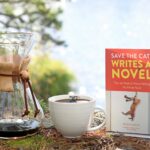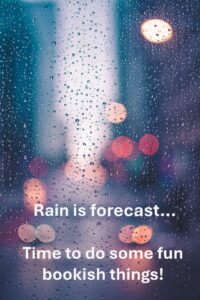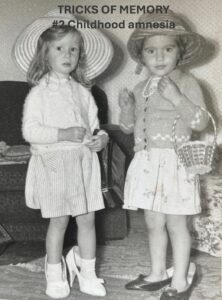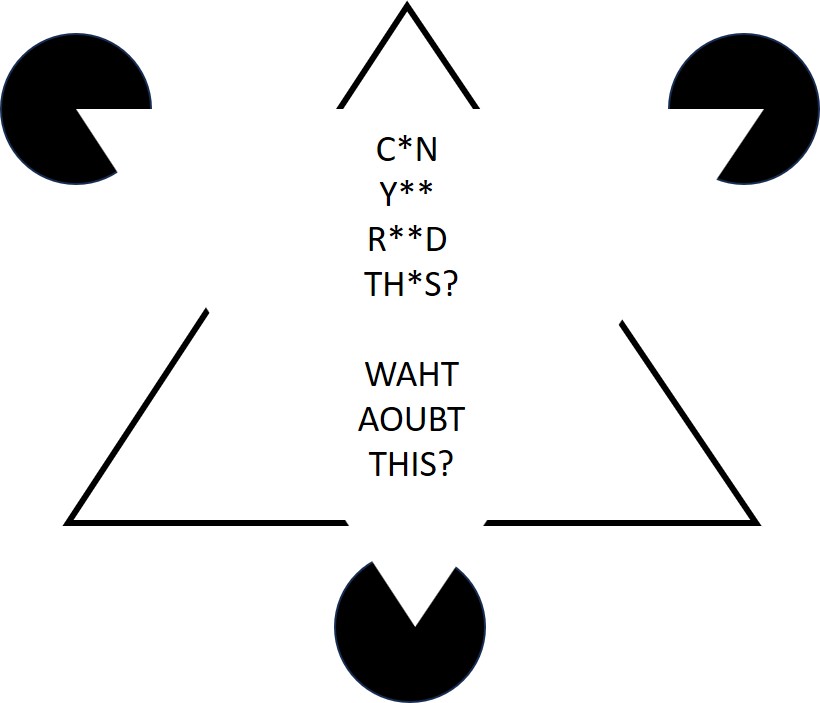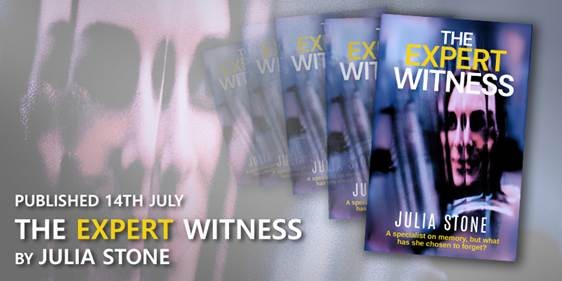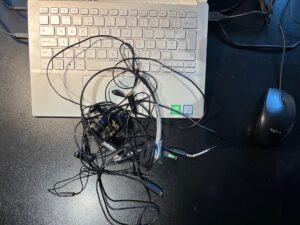
The topic of this newsletter is prompted by my latest tech problem with my laptop, which is now, for all practical purposes, kaput. While I can still use it as a typewriter and – thankfully – the early chapters of my next novel are still held in its memory bank, it is refusing to communicate with the outside world. (And, yes, I’ve tried turning it on and off again!)
Internet searches and email are still possible on my mobile, but it’s surprising how many times while writing I want to research information or look something up. What does lugubrious actually mean? How is an acre of land priced and what influences its value? What are the names of the different sails on a yacht?
Of course, there are workarounds. I can work on my laptop, save it to a memory stick and take it to my partner’s laptop to email or print. But this forces me to slow down. To think about what I need to do, what I can actually do and to prioritise. And it has made me realise yet again how much we depend on technology in our daily lives, and how complicated things become when it doesn’t work and we are incapable of fixing it.
And maybe I am using this as an excuse for not being further ahead with Novel 4…The first draft currently stands at 22,000 words, so just another 75% to write! Then it will be many rounds of editing. It’s another suspense novel with a mature female psychotherapist as the protagonist. So, if you enjoyed my previous books, hopefully you can look out for this one in due course. I’ll keep you updated on progress and share some excerpts over the coming months.
In other news, here’s my update on writerly events in the coming weeks.
- Meet the Author event at Coggeshall Library, 10th February, 6.30pm to 9pm. Tickets from venue.
- Writing for Wellbeing at Brightlingsea Museum. 15th February, 1pm to 3pm.
- ‘Crafting Characters’ Workshop for novelists at Sudbury Arts, 21st February, 1pm to 3pm. Tickets from Sudbury Arts.
- Novelists Writing Group at Sudbury Arts, 28th February, 1pm to 2.30pm. Closed group, no places left.





